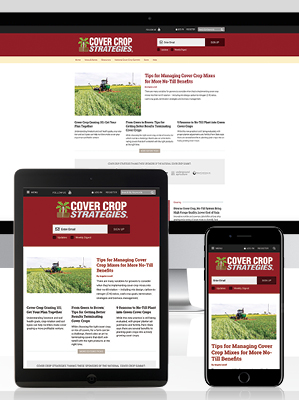Farmers and landowners can learn about the soil health journeys of Minnesota farmers in a new report, “Soil Health Case Studies 2020.”
University of Minnesota research assistant Aidan Read visited farms and interviewed farmers in late 2019 to develop case study profiles of nine farms. The farmers featured in the case studies were selected with the help of the Sustainable Farming Association based on their extensive experiences incorporating soil health practices for five years or more.
The farmers featured in the study represent a range of acreage and crops, each with specific circumstances and unique operations. All the farmers volunteered their expertise and time to serve as a resource for other farmers.
"As these successful farm management practices become more common, stories like these provide the inspiration farmers need to develop an optimistic view of their own farm futures," said Theresa Keaveny, SFA executive director.
The practices described in the case studies center on five soil health principles: keeping the soil covered, integrating livestock, minimizing soil disturbance, keeping a living root in the soil, and using a diverse crop rotation. With farmers at the forefront, these stories of soil health are meant to offer tangible examples, support, and encouragement across the landscape.
According to Dean Current, program director for University of Minnesota’s Center for Integrated Natural Resources and Agricultural Management, “We plan to expand our network and ability to make these case studies available in electronic form to more farmers and natural resource professionals as they promote and weigh options for adopting soil health practices.”
This is the second set of case studies in a series started in 2018. The project is a partnership among University of Minnesota’s Center for Integrated Natural Resources and Agricultural Management (CINRAM), University of Minnesota Extension’s Southwest Regional Sustainable Development Partnership, and SFA.
"This second edition of soil health case studies will help educate and inspire farmers to incorporate soil health practices, cover crops and livestock and how they can be used to minimize risk and improve farm management," Keaveny said.




Post a comment
Report Abusive Comment